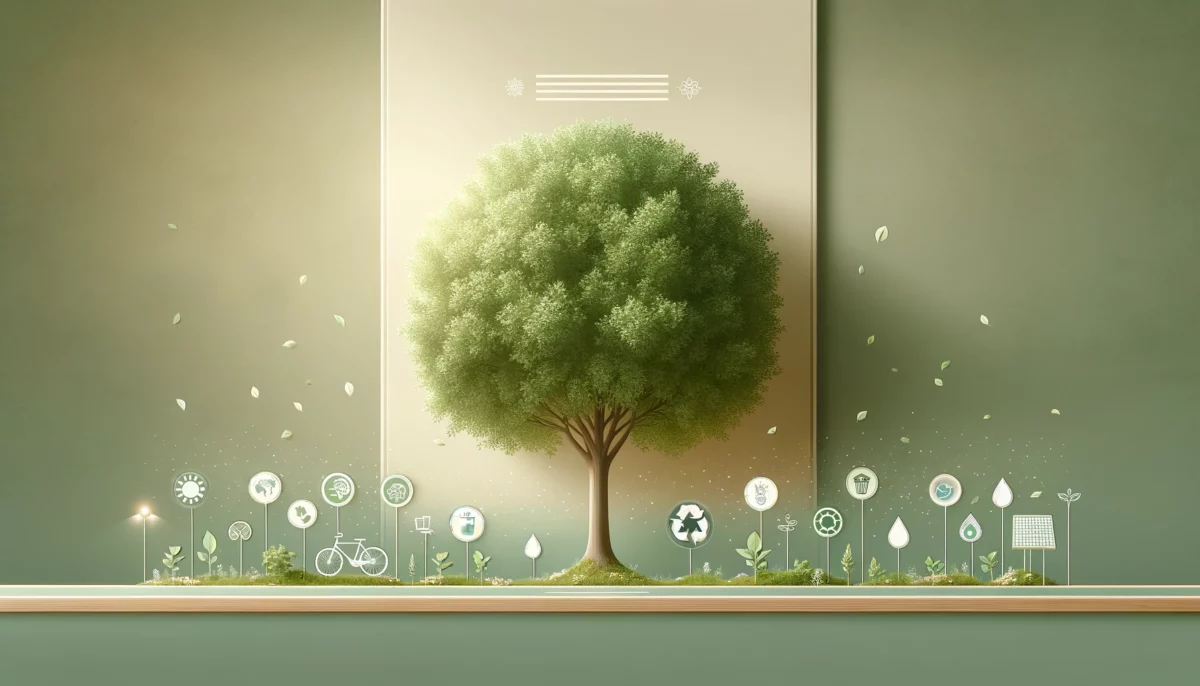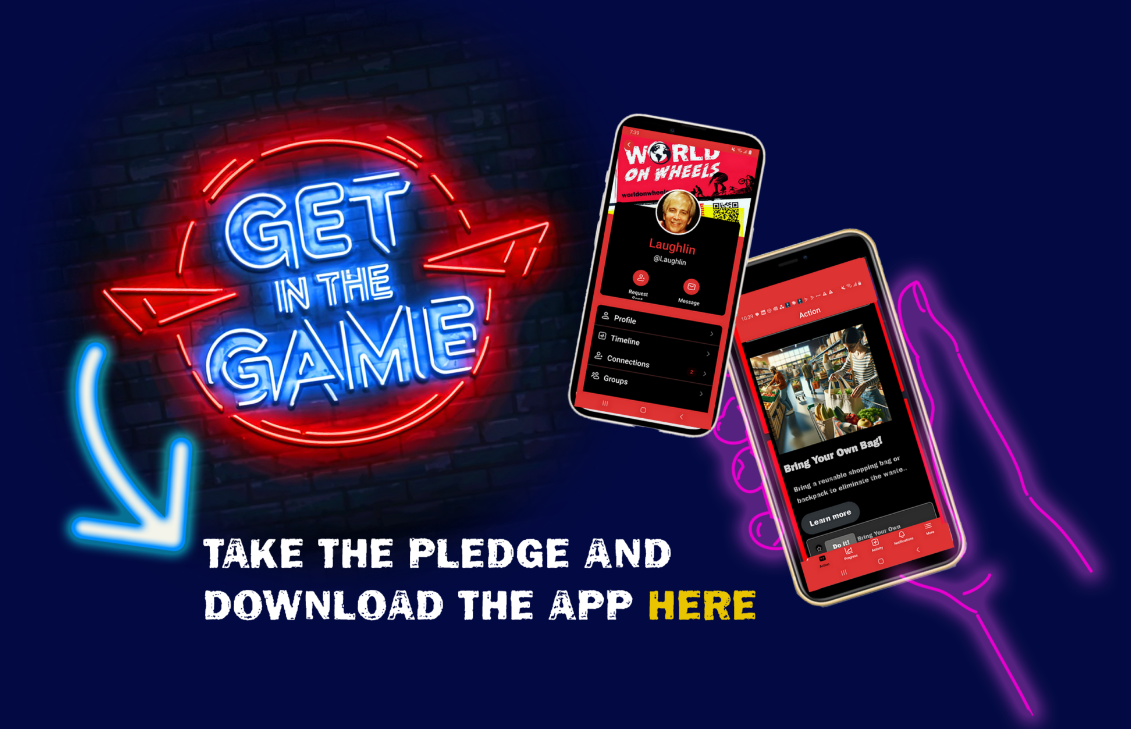In the journey towards a more sustainable and environmentally friendly world, the power of community-driven events and individual actions plays a pivotal role. These initiatives serve not only to raise awareness about the pressing issue of global warming but also to empower and inspire individuals to take meaningful steps toward reducing their ecological footprints. This blog post explores the significance of direct action climate events and daily sustainable practices, offering insights into how each of us can contribute to a healthier planet through our collective and individual efforts.
Climate-Conscious Events: Igniting Community Action
Beach and Park Cleanups: These events bring communities together to remove trash and pollution from natural spaces, protect wildlife, and ensure that our green and blue spaces remain beautiful and safe for everyone to enjoy. Participating in or organizing a cleanup event can dramatically improve local environments and foster a sense of stewardship for the Earth.
Garden Startups: Initiating a community garden project not only beautifies neighborhoods but also provides fresh, locally grown produce, thus reducing the carbon footprint associated with food transportation. These gardens can become hubs of education and connection, teaching participants about sustainable agriculture and the importance of biodiversity.
Neighborhood Composting: Composting organic waste reduces the amount of garbage sent to landfills and produces nutrient-rich soil that can be used in community gardens. Setting up a neighborhood composting system is a fantastic way to engage residents in sustainability efforts and reduce community-wide waste.
Tree Planting: Trees are vital in maintaining a healthy ecosphere; they absorb CO2, provide oxygen, and offer shade that reduces energy use in homes. Organizing tree-planting events is a direct way to contribute to reforestation efforts and green urban areas, improving air quality and urban biodiversity. See our tree planting initiative Here…
Selling Pre-loved Items: Hosting garage sales or participating in swap meets encourages the reuse of goods, reducing the demand for new products and the environmental impact of production and waste. These events also promote a culture of community, sustainability, and conscious consumption.
Daily Sustainable Actions: The Power of Individual Choices
Carrying Your Own Metal Water Bottle: This simple action significantly reduces the use of disposable plastic bottles, cutting down on plastic waste and the resources used in plastic production.
Taking Short Showers: By reducing shower time, individuals can save significant amounts of water and energy, contributing to water conservation..
Washing Clothes with Cold Water: Using cold water for laundry saves energy by eliminating the need to heat water, reducing greenhouse gas emissions associated with energy production.
Hang to Dry: Air-drying clothes instead of using a dryer not only saves energy but also prolongs the life of clothing, reducing waste and the demand for new textiles.
Bringing Your Own Bags to the Supermarket: This action decreases the demand for single-use plastic bags, cutting down on plastic pollution and the environmental damage caused by plastic production and disposal.
Empowering, Educating, and Equipping: The Ethos of Sustainable Living. The core of our approach to climate action is grounded in empowerment, education, and equipping individuals with the knowledge and tools they need to make a difference. By participating in climate-conscious events and integrating sustainable actions into our daily lives, we can create ripple effects of positive change. These efforts showcase the power of community and the significant impact of collective action in creating a more sustainable world.
The path to a more sustainable future is paved with the actions we take today, both big and small. Direct action climate events and daily sustainability practices offer accessible and impactful ways for everyone to contribute to environmental preservation. By empowering ourselves and others to take these steps, we create a culture of sustainability that transcends individual actions and fosters a global movement towards a healthier planet.
This comprehensive approach to climate action—focusing on empowering, educating, and equipping—invites individuals to own the climate narrative positively and proactively. It’s about shaping a context in which every one of us feels capable and motivated to contribute to a larger cause, not through conflict or combat, but through cooperation and commitment to a shared future.
As we move forward, let’s embrace these opportunities for action with open hearts and willing hands. Together, we can build a sustainable legacy for generations to come, proving that every effort, no matter how small, is a step towards a brighter, more resilient world.

